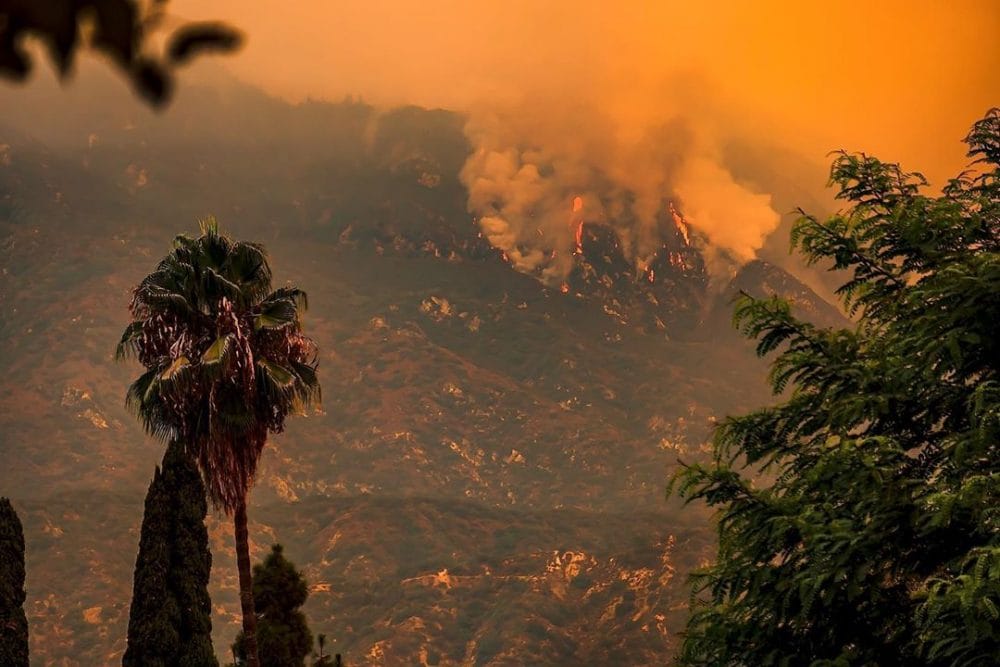In a significant development in U.S. foreign relations, the Biden administration has begun direct talks with an Islamist faction that was instrumental in the overthrow of Syrian President Bashar al-Assad. This initiative reflects a strategic pivot in U.S. policy toward Syria, particularly in light of the ongoing humanitarian crisis and the geopolitical complexities that have emerged in the region since the onset of the civil war in 2011.
The decision to engage with this faction underscores the United States’ recognition of the changing landscape in Syria, where various groups have emerged with differing ideologies and objectives. The Islamist faction in question has been a key player in the opposition to Assad’s regime, and its involvement in the conflict has been both controversial and pivotal. As the situation in Syria continues to evolve, the U.S. aims to assess the faction’s current position and influence within the broader context of the Syrian conflict.
One of the primary objectives of these discussions is to address the pressing humanitarian concerns that have arisen from the prolonged conflict. Millions of Syrians have been displaced, and the humanitarian situation remains dire, with widespread food insecurity, lack of medical care, and inadequate shelter. The U.S. seeks to explore avenues for providing aid and support to the affected populations, leveraging its diplomatic channels to facilitate humanitarian access and assistance.
In addition to humanitarian issues, the talks will likely encompass discussions on the potential for a political resolution to the conflict. The U.S. has long advocated for a negotiated settlement that would lead to a stable and inclusive government in Syria. Engaging with the Islamist faction could provide insights into the group’s willingness to participate in a political process and its views on the future governance of the country. This could also serve as a litmus test for other factions within the opposition, as the U.S. attempts to unify disparate groups under a common goal of peace and stability.
The implications of these talks extend beyond Syria’s borders, as the geopolitical landscape of the Middle East is intricately linked to the outcomes of the Syrian conflict. Regional powers, including Iran and Turkey, have vested interests in the situation, and their reactions to U.S. engagement with the Islamist faction will be closely monitored. The U.S. must navigate these relationships carefully, balancing its diplomatic efforts with the need to maintain alliances and address security concerns in the region.
Furthermore, the discussions come at a time when the Biden administration is reassessing its overall approach to the Middle East. The U.S. has faced criticism for its handling of various conflicts in the region, and this new engagement with an Islamist group may be seen as an attempt to recalibrate its strategy. By opening channels of communication with factions that have historically been viewed with skepticism, the U.S. may be seeking to foster a more nuanced understanding of the complexities at play in Syria.
As the talks progress, it will be crucial for the U.S. to establish clear objectives and parameters for engagement. The administration must be cautious not to legitimize extremist elements within the faction or compromise its commitment to democratic values and human rights. Ensuring that discussions remain focused on humanitarian aid and political resolution will be essential to maintaining the integrity of U.S. foreign policy.
In conclusion, the initiation of direct talks between the U.S. and an Islamist faction that played a critical role in the toppling of Assad marks a pivotal moment in the ongoing Syrian conflict. As the U.S. navigates this complex terrain, it must balance its humanitarian goals with the broader political dynamics at play. The outcome of these discussions could have far-reaching implications for Syria and the region, influencing the future trajectory of U.S. foreign policy in the Middle East.


